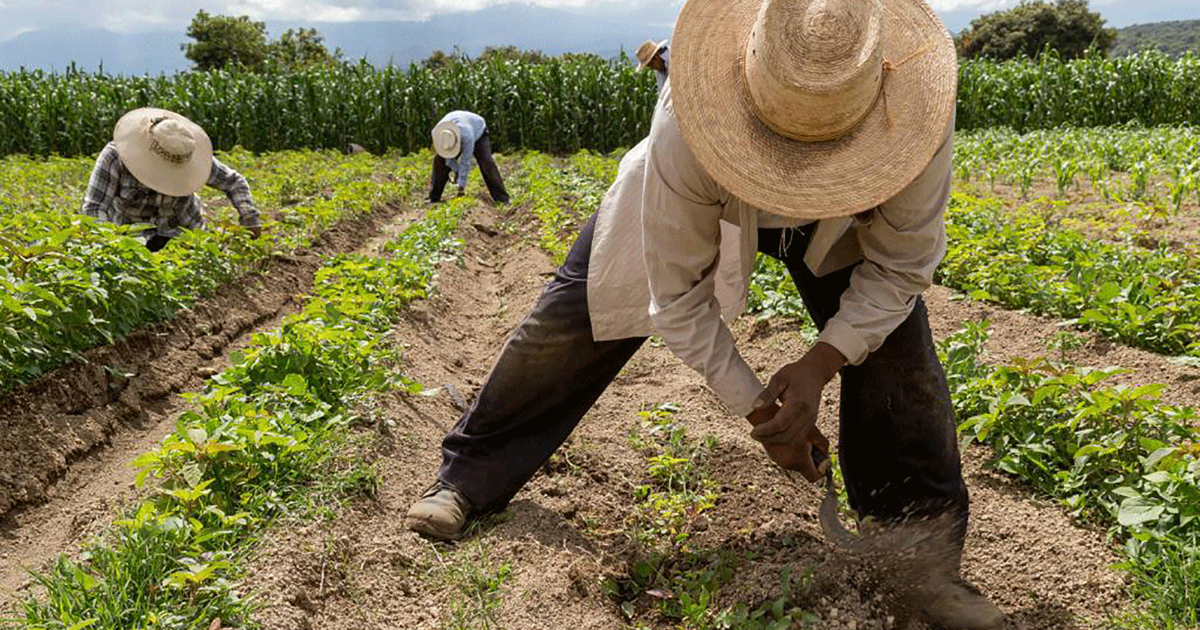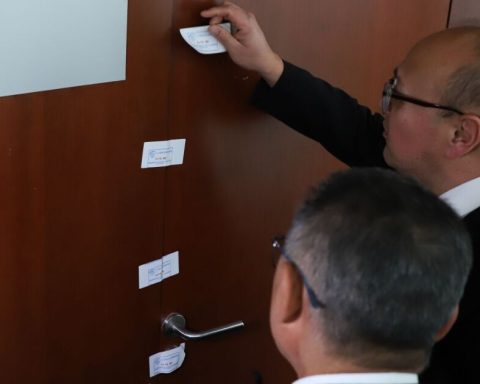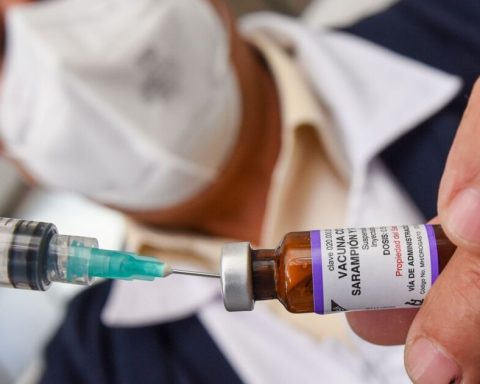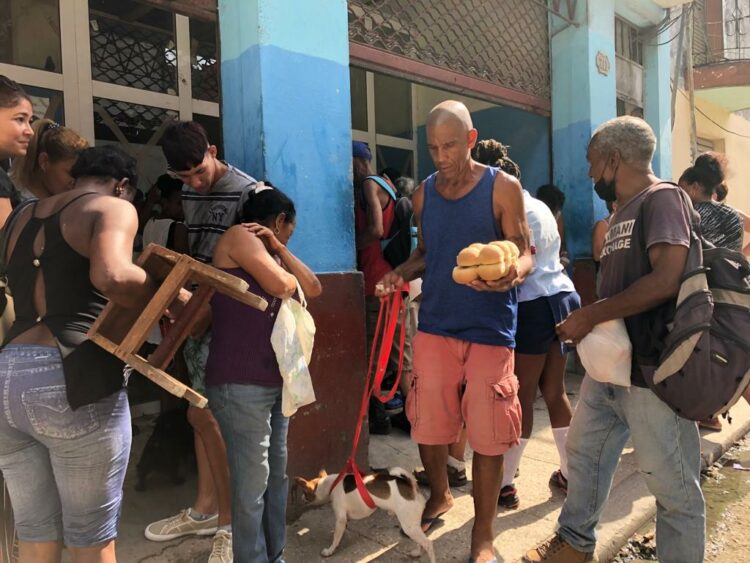The Mexican Union of Agricultural Manufacturers and Formulators, (UMFFAAC) and agricultural producers represented by the Confederation of Agricultural Associations of the state of Sinaloa (CAADES) expressed their deep concern about the “contradictory policies” that the federal government has adopted and that harm the country’s food security in the context of rising inflation.
Within the framework of World Food Day, the president of the UMFFAAC, Luis Eduardo González Cepeda, said “the government is trapped in a vicious circle in which objectives are sought such as controlling the increase in food prices, increasing agricultural productivity and achieve food self-sufficiency, but at the same time it applies policies that prevent the achievement of each of these objectives, which violate the country’s food security.
González Cepeda gave as an example the announcement of the universal license to import foodin which the Government delegates to companies the inspection and health surveillance“there is a serious risk of also importing pests and diseases that will end up affecting national production, and therefore, would make food produced in the country more expensive, which would force an increase in imports, thus entering a circle of which it is It is necessary to leave so that food security is not violated, nor deepen the critical situation in which the Mexican countryside finds itself”.
The president of CAADES, Marte Nicolás Vega Román, expressed the concern of the agricultural producers of Sinaloa, one of the largest producers of corn and vegetables, because “all the regulations that seek to limit the use of pesticides and that are under discussion in Congress, if approved, would be equivalent to removing the work instruments that producers need. to guarantee the productivity of their crops, which is required to satisfy the country’s food demand”.
Vega Román gave as an example that the herbicide glyphosate It is applied before sowing several crops, particularly in the conservation tillage system, and its possible elimination would only cause a loss of competitiveness in the markets and thus low production, since it is the most effective and economical herbicide. (due to an expired patent) in the world and if the government wants to eliminate it, the only thing that will cause it is to have less production and thus have to resort to more imports from the United States, a country where this product is used.
Both directors agreed that if you want to achieve food self-sufficiency, it is essential to apply policies that encourage production in the field, with measures that support the agricultural producer with technical inputs, fertilizers, credits and mechanization and not favor assistance programs that promote self-consumption and traditional production techniques.
González Cepeda specified that only last year agricultural purchases from the United States were 26.5 billion dollars (around 530 billion pesos, more than double this year’s pension for older adults), and that, although in 2021 we had a surplus in the agri-food trade balance of 7,000 million dollars, in 2020 the surplus was 15,000 million dollars. In addition, we continue to have worrying dependencies because we import 38% of the corn we consume, more than 80% of rice, 96% of soybeans, 65% of wheat, 22% of milk and 40% of pork.
kg













